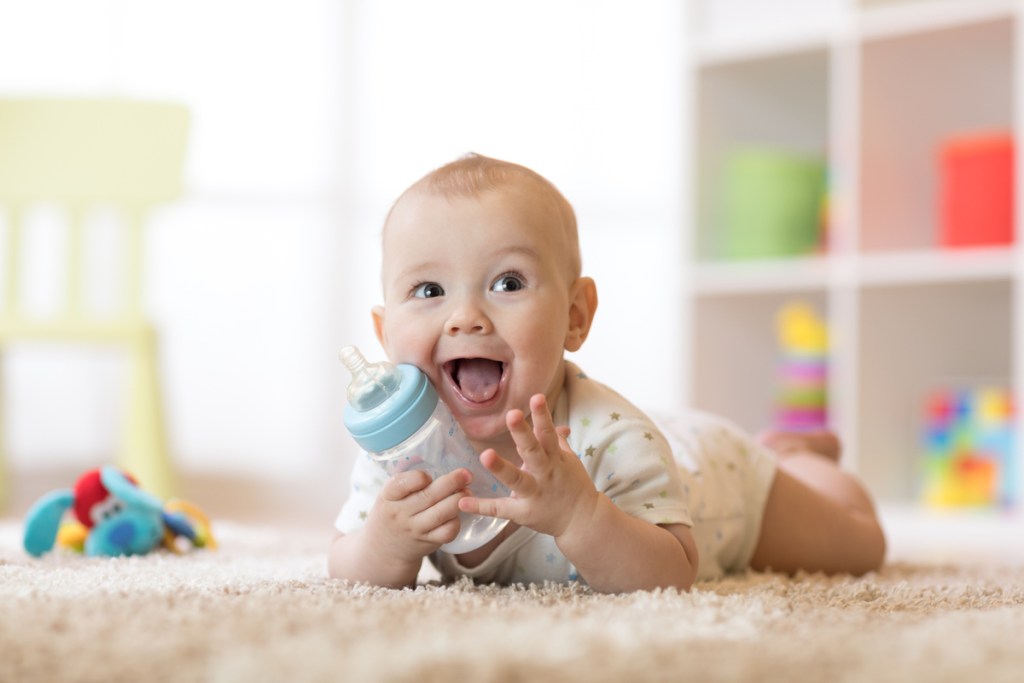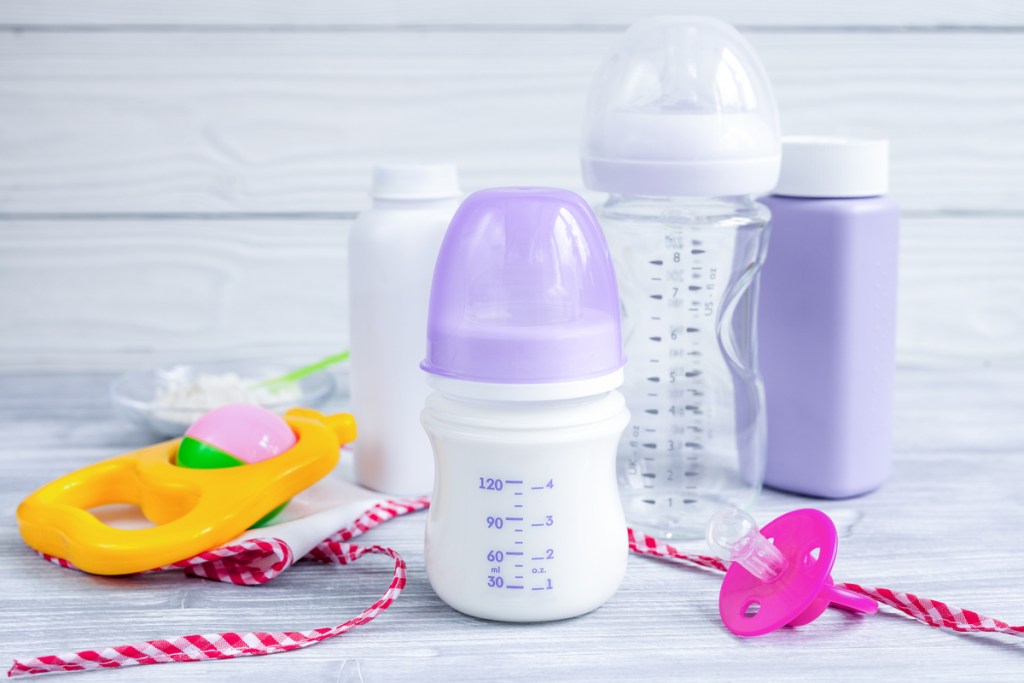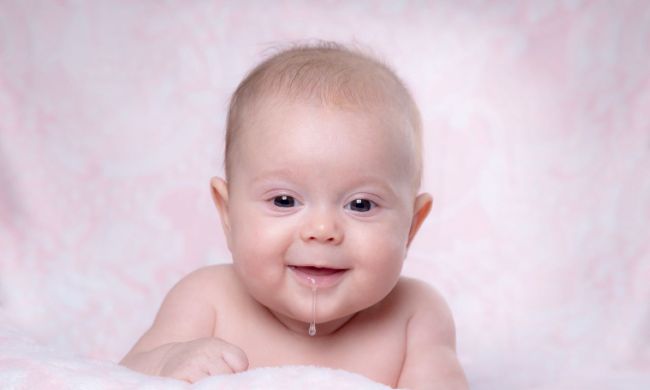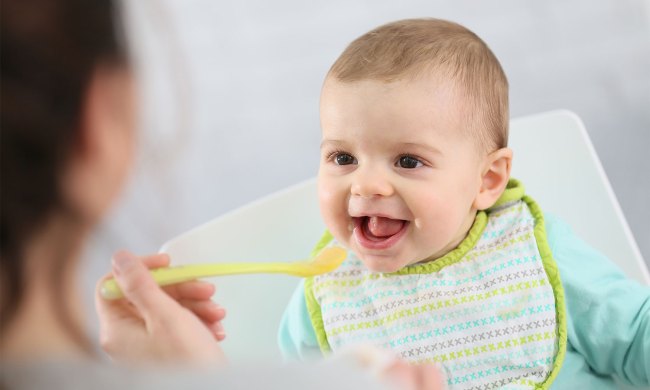When it comes to feeding your baby – fed is best. No matter how that happens. But when you reach for a bottle, which should you grab for? Is there a difference between glass bottles and plastic? When standing in the baby aisle it can be overwhelming to see all of the options staring back at us on the shelf.
To make things a little easier for new (or 2 or 3 times over) parents, we’ll go over the difference between glass bottles and plastic ones and also include the benefits of glass baby bottles.

Plastic bottles
Let’s start with plastic bottles. Plastic bottles are great if you need to feed your baby. But there are a few things you should know when it comes to this style of bottle.
- Need to replace more often
- Watch out for BPA
- Harder to clean
If you are budget-conscious, then plastic might not be for you. You’ll have to replace them every few months. Plastic bottles that have BPA should be tossed every few months. Even if it’s a BPA-free plastic bottle, you should still pitch it every 6 months. Though the overall cost of a plastic bottle is slightly cheaper than a glass one, when you take into account the frequency of replacing, them, you could still be spending more money than necessary.
BPA versus non-BPA is the trick. Most plastics these days don’t have BPA, but that still means you have to replace them more often. Even if it says non-BPA, you still run the risk of chemicals leaking into the milk or formula when you heat it up. That’s not good.
You really shouldn’t microwave or heat up any plastic bottles. So really, if your baby is in a hurry to eat and likes warm milk, it might be tricky with plastic bottles.
Plastic bottles are also harder to clean. They also pick up nicks and dents easier than glass bottles, and particles can get trapped in there easier. That means that getting that gunk out can be harder, and you can leave behind stuff that can grow mold or cause the bottle to smell.
Glass bottles
Glass bottles might seem like a lot more work, but they really aren’t. This is why glass bottles take the lead.
- Last longer
- Easier to clean
- No harsh chemicals
With glass bottles, you won’t find the harsh chemicals that can be found in plastic bottles. That’s not a worry you have to even think about. That also means you won’t have to replace them as often. Glass bottles will last a lot longer (until your child grows out of bottles), so you don’t have to think about buying the next set.
You can’t easily scratch them up. True, you run the risk of shattering the bottle rather than scratching it. But how often is a bottle going to be in the position to be shattered? You should be safe. Because of that, cleaning will be easier. You won’t have that buildup in the scratches. Cleaning a glass bottle is easy and just like washing any other glass.
The best aspect of glass bottles is that there are no harsh chemicals in the glass. You don’t have to worry about anything leaking into your kids’ milk or formula.
The only downside is that they might be more expensive upfront. But you won’t have that reoccurring cost of buying new bottles every few months. This is especially great if you are going to have more than one child.

Which type of bottle to choose
It’s always up to the parent to make the best decision for their child. But when it comes to bottles, if you can swing the higher upfront cost, glass seems to have more benefits than plastic. But remember, it’s all about feeding your baby. If you have to use plastic, remember the tips on how often to replace them and really, really clean them well. As long as your child gets fed, that’s what’s important.
Which bottles to check out
Plastic
If you do go plastic, get Dr. Brown’s. The Natural Flow Standard Bottles are perfect. They will help with gassy babies and help reduce colic due to the vented design. Fewer air bubbles will get in your baby’s tummy, so your little one won’t be so bloated and fussy.
They are also dishwasher-friendly and BPA-free. You’ll get a set of three, so that will help when it comes to rotating them in until you have to toss them.
Glass
If you want a glass set that will take you through until your child is almost out of bottles, then you’ll need to get Philips Avent Natural Glass Bottle Set. Not only will you not find BPA or other harsh chemicals in this set, but you will find easy-to-clean, ergonomically shaped bottles your baby will love. They’re easy for little fingers to grasp, and these bottles will keep those little tummies soothed and comforted when they are full.
So when it comes to which kind of bottle is technically better for you as the parent – glass beats plastic.
When it comes to your baby – fed is fed. But if you want a set of bottles that will last longer, won’t be too dirty after a few uses, and won’t be such a pain to clean, then the benefits of glass bottles will win every time.



